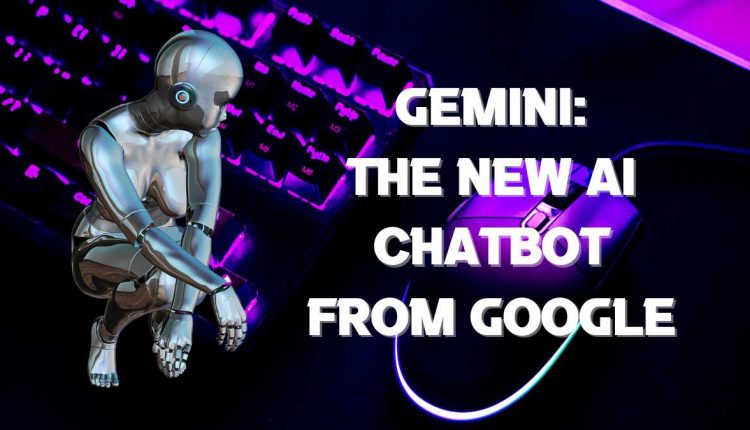For more than a year, Google has been in a race to develop technology that can rival OpenAI’s ChatGPT, and this week, the tech giant took a significant step forward by releasing an updated version of its chatbot, Google Bard, powered by a new AI technology called Gemini.
This new AI model, developed by Google’s DeepMind lab, is set to be integrated into a wide range of products and services in the coming months. Sundar Pichai, Google’s chief executive, described the release as the beginning of the Gemini era, emphasizing its potential to generate more accurate responses and mimic human reasoning in some situations.
The Gemini model comes in three sizes: Ultra, Pro and Nano, with Bard now being powered by Gemini Pro, the middle tier of the series. Google claims that Gemini Pro will give Bard more advanced reasoning, planning, understanding, and other capabilities.
The rollout of Gemini to Bard will take place over two phases, with the initial release being available to English speakers in more than 170 countries and territories worldwide. However, Google has faced controversy over a demonstrative video of Gemini, which it now says was not conducted in real time. The six-minute promotional video, meant to showcase the advanced capabilities of the AI technology, has raised concerns and drawn criticism for not being an accurate representation of Gemini’s real-time performance.
The release of Gemini marks a significant development in the ongoing competition between major tech companies in the field of AI chatbots, and it will be interesting to see how this new technology is received by users and integrated into various Google products and services.

